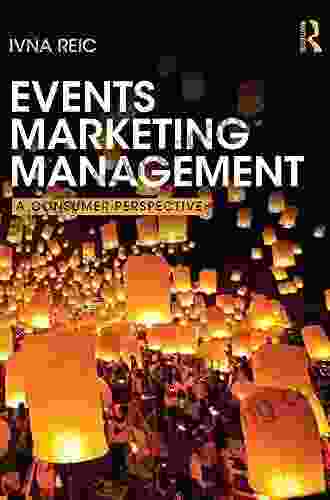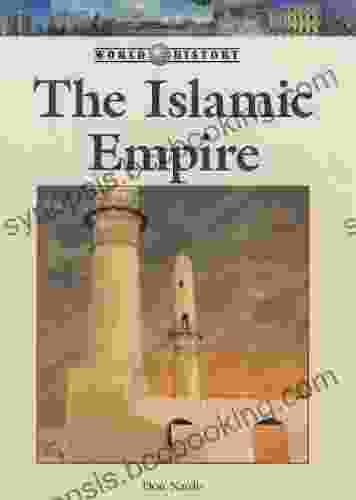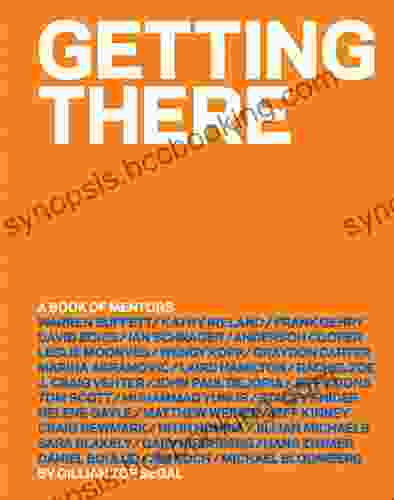Unveiling the Impact of Consumer Perspectives on Wars and International Politics in South Asia: A Comprehensive Analysis

The intricate tapestry of international politics in South Asia has been shaped by a multitude of factors, among which the perspectives and aspirations of consumers have often been overlooked. This comprehensive article delves into the profound influence of consumerism on wars and international relations within the region, shedding light on a crucial yet under-examined aspect of South Asian geopolitics.
Historical Context: The Rise of Consumerism in South Asia
In the post-World War II era, South Asia experienced a significant economic resurgence, leading to a burgeoning middle class with increasing disposable income. This newfound prosperity fueled the rise of consumerism, a phenomenon that transformed the region's economies and social landscapes. The influx of Western ideas and products, coupled with the proliferation of mass media, fostered a desire for material possessions and a modern lifestyle.
4 out of 5
| Language | : | English |
| File size | : | 6486 KB |
| Text-to-Speech | : | Enabled |
| Enhanced typesetting | : | Enabled |
| Word Wise | : | Enabled |
| Print length | : | 308 pages |
| Screen Reader | : | Supported |
The Impact of Consumerism on Wars
As consumerism became more prevalent, it began to exert a tangible influence on wars and conflicts in South Asia. Firstly, the demand for resources to meet consumer needs, such as energy and raw materials, intensified competition among nations. This competition has often manifested itself in territorial disputes and armed conflicts, as countries sought to secure access to essential resources.
Secondly, the allure of consumer goods has been used as an incentive for recruitment into armed forces. Promises of access to coveted products and a more affluent lifestyle have been instrumental in attracting young people to join military organizations, particularly in conflict-ridden areas.
The Role of Media and Technology
The rapid advancement of media and technology has played a pivotal role in shaping consumer perspectives and their impact on international politics. Social media platforms have become powerful tools for propaganda and mobilization, enabling governments to sway public opinion in favor of their agendas.
Through carefully crafted messaging and targeted advertising, governments can influence consumer perceptions of other nations, stoking nationalistic sentiments and creating a climate conducive to conflict. Access to real-time information and the ability to connect with individuals across bFree Downloads have also empowered consumers to express their views on international issues, potentially exerting pressure on governments to adopt more peaceful policies.
Case Studies: Consumer Perspectives in Specific Conflicts
To illustrate the impact of consumer perspectives on wars in South Asia, let us examine two specific case studies:
The Indo-Pakistani Wars (1947-1971)
The Indo-Pakistani Wars were sparked by territorial disputes, ethnic tensions, and the unresolved issue of Kashmir. However, underlying economic factors also played a role. The desire for control over resources, particularly water and fertile land, further fueled the conflict.
The Sri Lankan Civil War (1983-2009)
The Sri Lankan Civil War was primarily driven by ethnic and political grievances. However, economic disparities between the Sinhalese majority and the Tamil minority exacerbated tensions. The uneven distribution of resources and opportunities, resulting from the country's consumer-oriented economic policies, contributed to the outbreak and prolongation of the conflict.
Policy Implications: Addressing the Consumer Influence
Given the significant impact of consumer perspectives on wars and international politics in South Asia, it is imperative for policymakers and scholars to address this issue. Several policy measures can be implemented to mitigate the negative consequences and harness the potential benefits:
Promoting Economic Cooperation and Resource Sharing
By fostering economic cooperation and encouraging equitable resource sharing, governments can reduce competition and the potential for conflict. Joint ventures, cross-bFree Download trade, and regional development initiatives can create shared economic interests and foster a sense of interdependence.
Improving Media Literacy and Countering Propaganda
Investing in media literacy programs and promoting critical thinking skills can equip consumers with the ability to discern biased and inflammatory information. Governments and civil society organizations must actively counter propaganda and promote responsible journalism.
Empowering Consumers and Engaging Civil Society
Engaging civil society organizations and empowering consumers to play a more active role in shaping international relations can create a more informed and peaceful citizenry. Dialogue, public forums, and educational campaigns can foster a greater understanding of complex geopolitical issues and promote non-violent conflict resolution.
The consumer perspective has emerged as a crucial yet often overlooked factor in the complex tapestry of wars and international politics in South Asia. Understanding the interplay between consumerism, resource competition, and the role of media is essential for developing effective policies to mitigate conflict and promote peaceful coexistence in the region. By addressing the consumer influence, policymakers, scholars, and civil society can harness the transformative power of consumerism for the betterment of South Asia and beyond.
Relevant Long Descriptive Keywords for Alt Attribute
* Consumer perspectives on wars and international politics in South Asia * The impact of consumerism on conflicts and resource competition * The role of media and technology in shaping consumer perceptions * Case studies of consumer influence in Indo-Pakistani Wars and Sri Lankan Civil War * Policy implications and measures to address consumer influence in South Asia
4 out of 5
| Language | : | English |
| File size | : | 6486 KB |
| Text-to-Speech | : | Enabled |
| Enhanced typesetting | : | Enabled |
| Word Wise | : | Enabled |
| Print length | : | 308 pages |
| Screen Reader | : | Supported |
Do you want to contribute by writing guest posts on this blog?
Please contact us and send us a resume of previous articles that you have written.
 Book
Book Novel
Novel Page
Page Chapter
Chapter Text
Text Story
Story Genre
Genre Reader
Reader Library
Library Paperback
Paperback E-book
E-book Magazine
Magazine Newspaper
Newspaper Paragraph
Paragraph Sentence
Sentence Bookmark
Bookmark Shelf
Shelf Glossary
Glossary Bibliography
Bibliography Foreword
Foreword Preface
Preface Synopsis
Synopsis Annotation
Annotation Footnote
Footnote Manuscript
Manuscript Scroll
Scroll Codex
Codex Tome
Tome Bestseller
Bestseller Classics
Classics Library card
Library card Narrative
Narrative Biography
Biography Autobiography
Autobiography Memoir
Memoir Reference
Reference Encyclopedia
Encyclopedia Peter Nichols
Peter Nichols Gerald C Kane
Gerald C Kane Sara Dyer
Sara Dyer Donna Brazile
Donna Brazile Gerry Spence
Gerry Spence Juan Carlos Jc Santana
Juan Carlos Jc Santana J R Moehringer
J R Moehringer Margalis Fjelstad
Margalis Fjelstad Gayle Kassing
Gayle Kassing Ged Martin
Ged Martin Gary Snyder
Gary Snyder Isabel Wyatt
Isabel Wyatt George Chiang
George Chiang George Catlin
George Catlin Geoff White
Geoff White Evanna Lynch
Evanna Lynch Murray Shukyn
Murray Shukyn Scott L Smith
Scott L Smith Gilad Sharon
Gilad Sharon Gary Thompson
Gary Thompson
Light bulbAdvertise smarter! Our strategic ad space ensures maximum exposure. Reserve your spot today!

 Ralph Waldo EmersonSpy With My Little Eye: Uncover the Secrets of Espionage and Surveillance
Ralph Waldo EmersonSpy With My Little Eye: Uncover the Secrets of Espionage and Surveillance Braeden HayesFollow ·16k
Braeden HayesFollow ·16k Jace MitchellFollow ·9k
Jace MitchellFollow ·9k Ray BlairFollow ·18.9k
Ray BlairFollow ·18.9k Ernesto SabatoFollow ·9.6k
Ernesto SabatoFollow ·9.6k Gabriel MistralFollow ·8.1k
Gabriel MistralFollow ·8.1k Truman CapoteFollow ·3.5k
Truman CapoteFollow ·3.5k Clinton ReedFollow ·11.6k
Clinton ReedFollow ·11.6k Anthony BurgessFollow ·17k
Anthony BurgessFollow ·17k
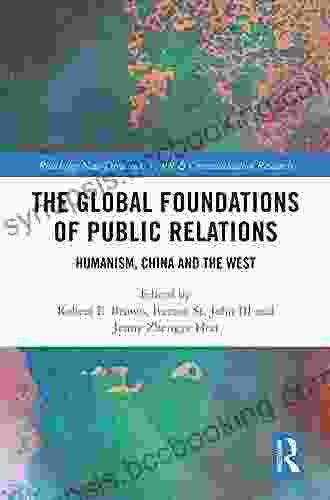
 Robert Heinlein
Robert HeinleinUnveiling Humanism in China and the West: A Journey...
In our rapidly...

 Brian Bell
Brian BellBlind Boy's Unwavering Struggle Against Abuse and the...
In the tapestry of...

 Craig Carter
Craig CarterBuilding Wealth While Working for Uncle Sam: The Ultimate...
## ### Are you a federal employee who wants...
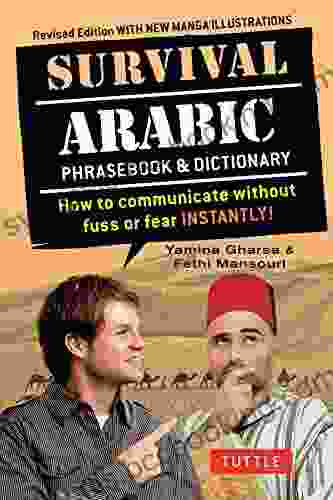
 Raymond Parker
Raymond ParkerUnveiling the Secrets of Arabic Survival: The Ultimate...
Embarking on a journey to unravel the...
4 out of 5
| Language | : | English |
| File size | : | 6486 KB |
| Text-to-Speech | : | Enabled |
| Enhanced typesetting | : | Enabled |
| Word Wise | : | Enabled |
| Print length | : | 308 pages |
| Screen Reader | : | Supported |


